 |
| On December 6, 1953, the Politburo decided to launch the Dien Bien Phu Campaign. Photo: Historical documents |
On December 6, 1953, in order to shake the French colonialists' hope of continuing their war of aggression to the core, the Politburo decided to launch the Dien Bien Phu Campaign. President Ho Chi Minh stated: “This campaign is a very important campaign not only militarily but also politically, not only domestically but also internationally. Therefore, the entire army, the entire people, and the entire Party must concentrate on completing it.” From March 13, 1954, at the Dien Bien Phu Front, our army destroyed each stronghold, encircled the enemy by every meter of trench, and launched decisive attacks leading to victory. At 5:30 p.m. on May 7, 1954, General De Castries, Commander-in-Chief, and the entire enemy General Staff surrendered and were captured alive.
Al Gum Gyrria newspaper (Egypt), on May 8, 1954, commented: " The fall of Dien Bien Phu is a stern warning to imperialism in Asia, Africa and all places where usurpers plot to humiliate or sabotage their independence... the progress of the liberation movement will continue and many more imperialist fortresses will collapse."
William Foster, Chairman of the American Communist Party, wrote in the Workers' Daily on May 10, 1954: “The victory at Dien Bien Phu is a great encouragement to the forces fighting against imperialism in the colonies and semi-colonies… The liberation of Dien Bien Phu is a crucial victory in the struggle for freedom and world peace.”
The Tin Tuc newspaper, published on May 11, 1954 in Indonesia, observed that the liberation of Dien Bien Phu was not only a victory for Vietnam but also "proved that the Asian people had the ability to end the history of colonialists plotting to use armed forces to realize their ambitions."
In 1955, just one year after the Dien Bien Phu Victory, the Conference of 29 Asian and African countries met in Bandung (Indonesia). For the first time in history, nations that had been marginalized for hundreds of years united to publicly condemn colonialism and cooperate to help each other for the purpose of peace and national independence. At this conference, Vietnamese delegates were welcomed as heroes.
On May 12, 1956, the French weekly Paris Match published an article titled “The Lesson of Dien Bien Phu”. The article stated: “The day of defeat at Dien Bien Phu was an important day, from which the French empire began to disintegrate… The French generals - who fought more than a hundred battles, with the strength of thousands - were now taught a lesson by the small yellow-skinned people… That defeat broke a piece of French strength, and because of that gap, the Vietnamese, then the Moroccans, the Tunisians, the Algerians rushed in.”
Jean Pouget, a former officer in the French expeditionary force, bitterly commented: “The French defeat at Dien Bien Phu put an end to the colonial period and began the era of independence of the third world.” French journalist Jules Roy commented: “It was one of the great failures of the West, signaling the disintegration of the colonies.”
Looking back, the French expeditionary army in Indochina only accounted for 25% of the army, the rest were mobilized from 17 colonial countries. Therefore, after the Dien Bien Phu victory, the French colonial system was gradually shaken because these colonial soldiers brought the fighting spirit of the Vietnamese people back home.
The Algerian National Liberation Front was born. After 8 years of persistent and tenacious struggle (1954-1962), the Algerian people forced the French government to recognize independence and territorial integrity. Abdelkader Bensalah (born in 1941), President of the Algerian People's Assembly (1997-2002), President of the Algerian National Council (2002-2019) commented: "The victory of Dien Bien Phu answered our question: If the Vietnamese people can defeat colonial empires, why can't Algeria?"
Notably, just four years after the Dien Bien Phu Victory, 1960 went down in history as the “Year of Africa” with 17 African countries declaring independence. By 1968, 39 countries on the continent (85% of the territory and 93% of the population) had won the war for national independence.
When President Ho Chi Minh passed away on September 2, 1969, in a letter to the Central Executive Committee of our Party, Secretary of the Tunisian Communist Party Mohamed Hartman wrote: “His name will be associated with the victory of Dien Bien Phu… We know that it was the victorious struggle of the Vietnamese people against French colonialism that played a decisive role in promoting the national movement in Africa and in the Arab world, and inaugurated the disintegration of the colonial system of imperialism” [1]
In a letter to the Central Committee of our Party, the Central Committee of the African Party fighting for the independence of Senegal wrote: “We will not forget that President Ho Chi Minh led the heroic Vietnamese people to inflict a decisive defeat on French colonialism, thereby promoting and facilitating the awakening of national consciousness and the consciousness of gaining political independence of our country” [2]
In 1987, the United Nations Educational, Scientific and Cultural Organization (UNESCO) honored President Ho Chi Minh as a national liberation hero and outstanding cultural figure of Vietnam and recommended that member countries organize a memorial service for him worldwide in 1990, on the occasion of the 100th anniversary of his birth.
At the international conference commemorating the 100th anniversary of President Ho Chi Minh's birth in 1990, Dr. M. Ahmed, UNESCO Director in charge of the Asia-Pacific cultural region, commented: "He will be remembered not only as the liberator of the occupied Fatherland and humanity, but also as a modern philosopher who brought new perspectives and hope to those who fought relentlessly to eliminate injustice and inequality from this earth" [3]
[1] The world praises and mourns President Ho Chi Minh, Truth Publishing House, Hanoi, 1976, p.631
[2] The world praises and mourns President Ho Chi Minh, Truth Publishing House, Hanoi, 1976, p.363
[3] UNESCO and Vietnam Social Sciences Committee, International Conference on President Ho Chi Minh (Excerpt from international delegates' speeches), Social Sciences Publishing House, Hanoi, 1990, p.37.
Source








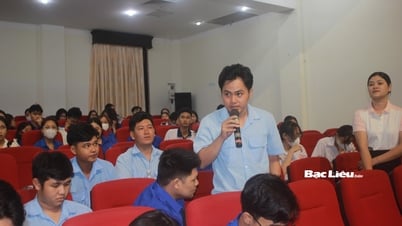
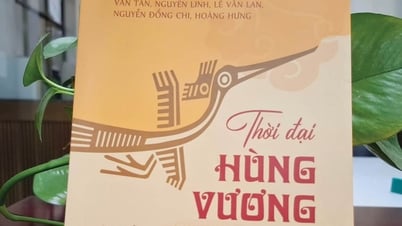


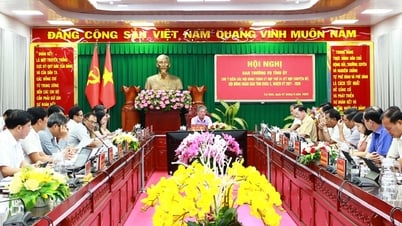
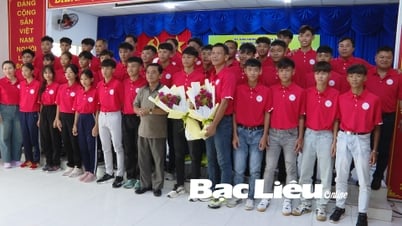
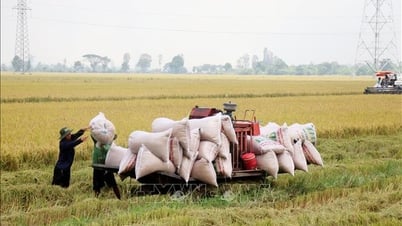




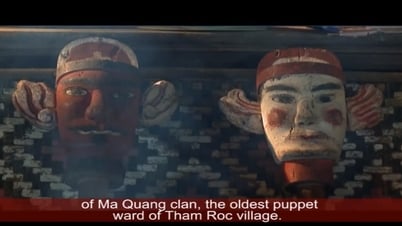


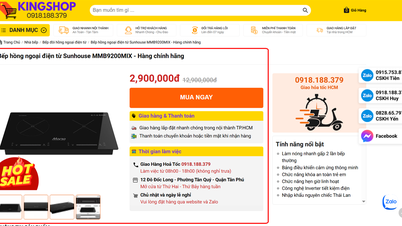
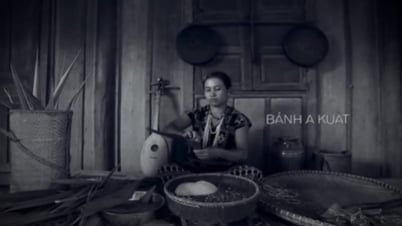
































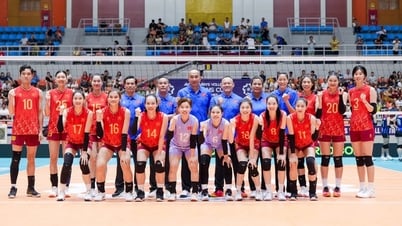












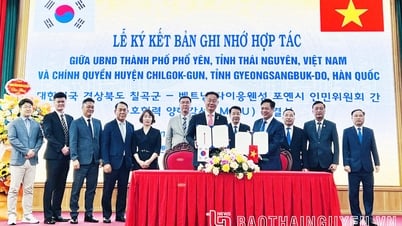

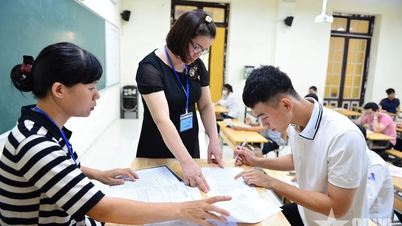



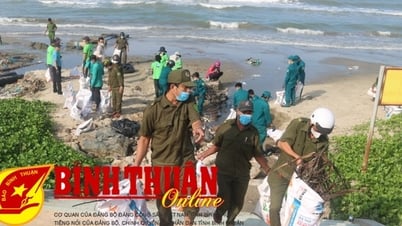












![[OCOP REVIEW] Tu Duyen Syrup - The essence of herbs from the mountains and forests of Nhu Thanh](https://vphoto.vietnam.vn/thumb/402x226/vietnam/resource/IMAGE/2025/6/5/58ca32fce4ec44039e444fbfae7e75ec)




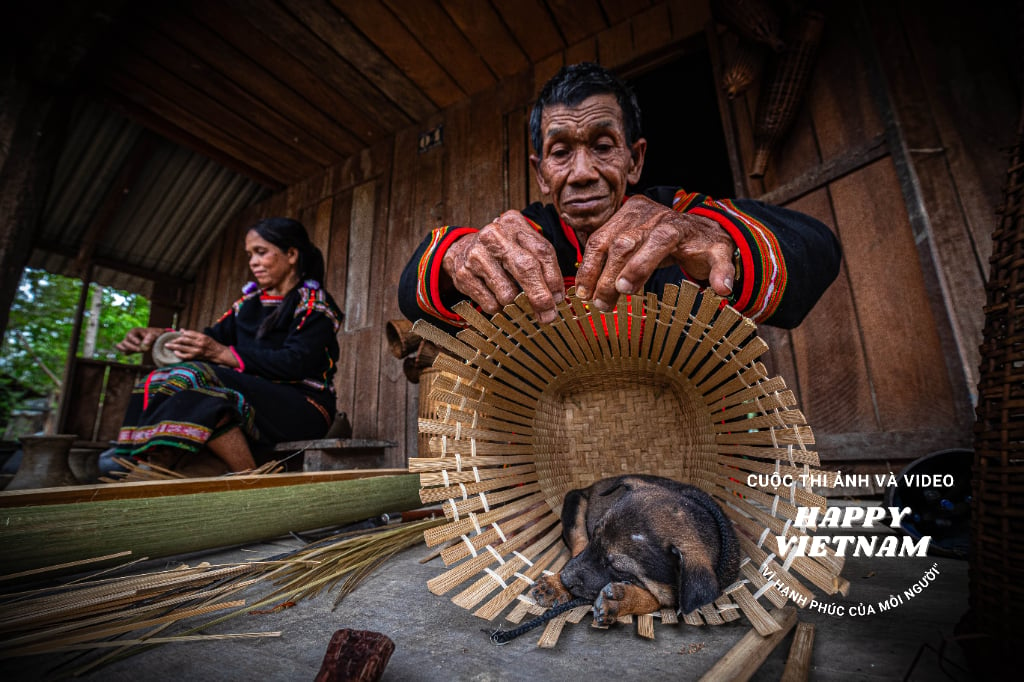
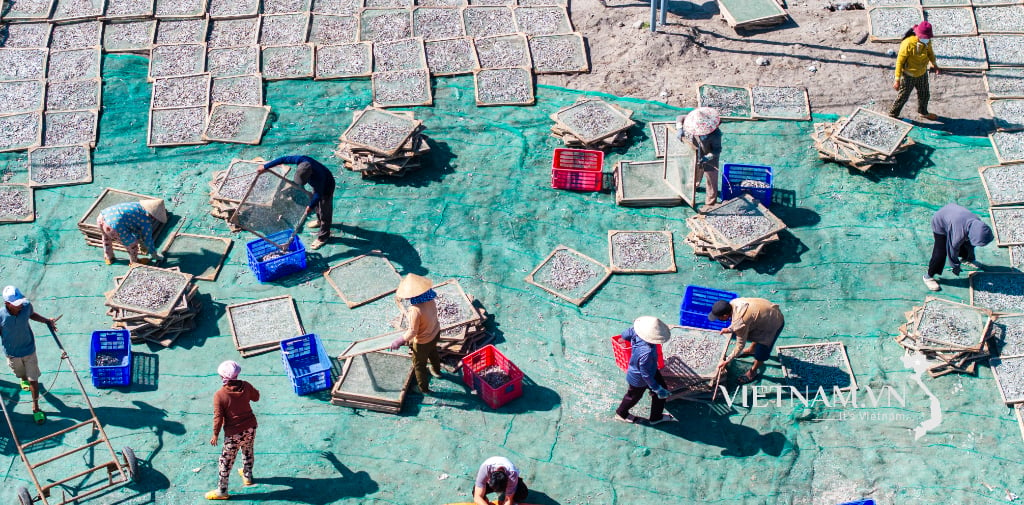
Comment (0)